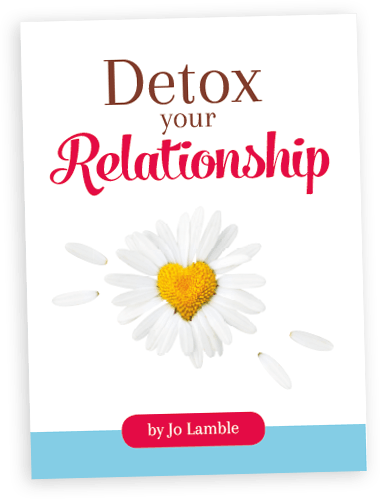 I got a shock this week when my children told me that when they have kids, they will not parent like I do. And when I say shock, I mean I burst into tears. My kids were in turn gobsmacked by my reaction. Why are you surprised? You’re parenting in the dark ages; they said. To them, there is no way I can understand what it’s like to be a teenager (wrong). I can’t understand what it’s like to experience peer pressure (wrong) and I wouldn’t have a clue about what behaviour is considered normal these days (mainly correct).
I got a shock this week when my children told me that when they have kids, they will not parent like I do. And when I say shock, I mean I burst into tears. My kids were in turn gobsmacked by my reaction. Why are you surprised? You’re parenting in the dark ages; they said. To them, there is no way I can understand what it’s like to be a teenager (wrong). I can’t understand what it’s like to experience peer pressure (wrong) and I wouldn’t have a clue about what behaviour is considered normal these days (mainly correct).
Was it the same for my mum? Did I dismiss her opinions and think she was an out of touch dinosaur? (probably) Did I vow to be a better mother than her? (yes) Am I a better mother than her? (no) All mums want to do the best job they can. And most mums feel like a failure at times, especially when their children criticise their parenting.
When I pulled myself together, I was able to reflect on what my kids were saying. They told me that I was too protective, too “obsessed” with their safety, and not relaxed about under-age drinking. If they’re the charges, your honour, I plead guilty. There are many things that I do wrong, but obsessing about their safety is not one of them. As my children approach adulthood, I am not becoming more relaxed. In fact, I live in increasing fear that I have not done enough to ensure that they will make good choices when it comes to keeping safe. So this Mother’s Day, I will no doubt be in tears once more. But this time, they will be tears of love and gratitude.
















